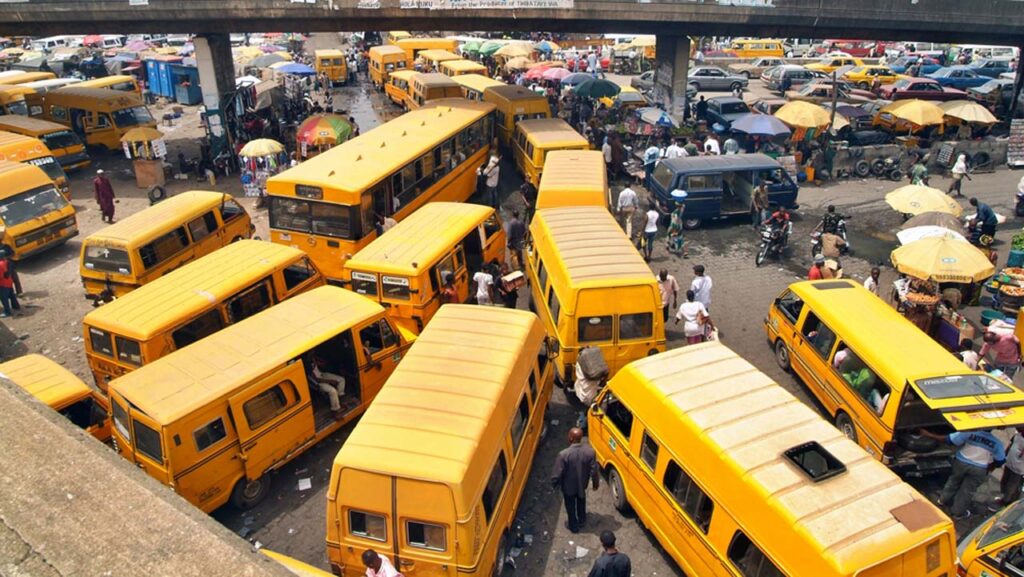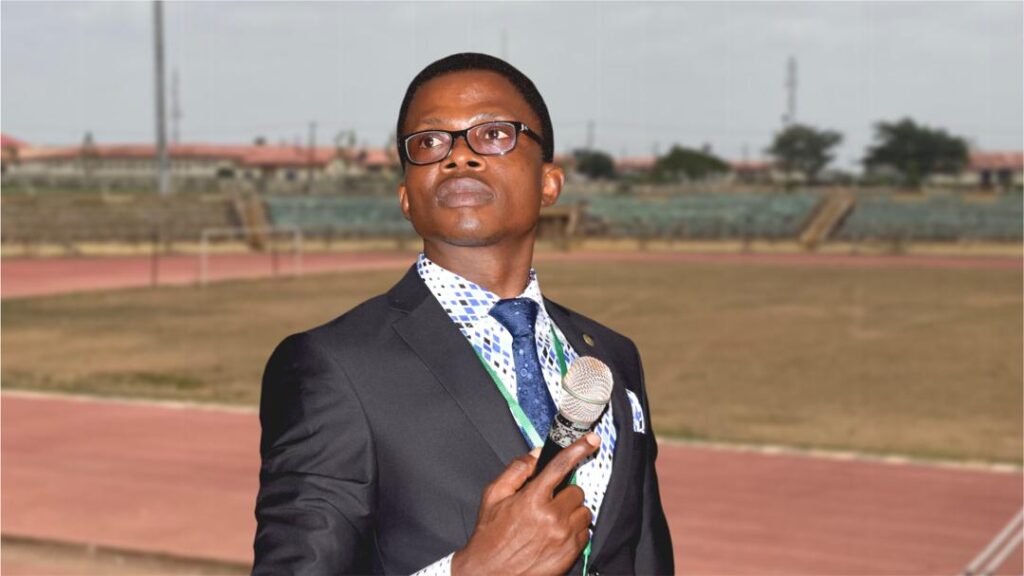
Mr. Dele Adesina, Senior Advocate of Nigeria (SAN) speaking with KAMAL TAYO OROPO, said it is too early in the day to start defining the character of the anti-corruption agencies, even as he stressed that suspects should seize the opportunity to counter the renewed vigour of the agencies, by claiming their rights, where such are infringed upon.
Has recent upsurge in the activities of the anti-corruption agencies in the country has raised fears of slide into despotic tendencies?
WELL, my understanding is that, this is a new regime, and the modus operandi of the regime is not yet so clear; and don’t forget, well I may be wrong, but it is my opinion that until the cabinet is put together, one cannot in all conclusion say, this is the road map for the administration. That is number one. Secondly, there is hardly anybody who doesn’t know the legacy and pedigree of President Muhammadu Buhari; in terms of his zero tolerance for corruption. Thirdly, the vice president, Prof Yemi Osibajo, is a well known senior legal practitioner and he is somebody whose pedigree is also well known. So, if the renewed vigour or the fresh effort on the part of the investigative agencies is what is making some people to be asking whether the government will be despotic, I don’t think their fear is justifiable.
The fact is that there is no limitation of action to criminal matters, precluding investigative agencies, even including the regular arm of the police, to want to wake up from their slumber, to want to do what the law statutorily empowers them to do. The mere fact that somebody was not invited for questioning two years ago doesn’t mean he cannot be invited today. So, if the atmosphere appears to give the agencies more and robust opportunity to act, by all means, let them act. Clear conscience shouldn’t fear any accusation.
Some of these agencies may be acting independent of the presidency, even as the presidency declared it would not interfere with operations of these agencies. How do we situate this in the context of fighting corruption without hounding innocent Nigerians?
Look, there is no agency that is not established by law. As such, the law also determines their operations. The EFCC was established by the EFCC establishment Act of 2002 as amended by the 2004 Act. The ICPC was established by law, the Police was established by the constitution and functions by the Police Act. It is the duty of the individuals, who believe that any of these agencies has exceeded their statutory power, to challenge them. This is where everyone of us must also be alive to our responsibilities as citizens and refuse to condone impunity even from the government. There is a scope beyond which you cannot go and it will amount to going ultra vires. There is within what one can do that will be ultra vires the powers that you have. It shouldn’t be difficult to know when an agency goes beyond its powers or when it is within the limit of its powers.
So, where there is this renewed effort on their part, there must also be a renewed determination on the part of the Nigerian people to claim their rights, where those rights are being infringed upon. When it comes to the enforcement of your right, nobody gets it by sleeping or by slumbering over his right. If there is an infraction against your right, it is for you to rise up and fight against the infraction, which is the only effective way you can keep the investigative agencies within the scope of their powers.
So, it is the individual that must rise up and say ‘hey, you cannot go beyond here.’ For example, giving a personal scenario; nobody can just barge into your residence and say he wants to either arrest you or search your premises without showing you the search warrant to search the premises or arrest warrant to arrest you.
And it can also be stressed that before anybody comes to your house to arrest you, there must be evidence that you have been invited and you refused to honour the invitation. These are the issues, I believe its not enough for anybody to say, ‘how would they not go beyond their powers, are they not being despotic, are they not doing it?’ The truth is that if they are despotic and become dynamic and people refuse to challenge that despotism, then who is to blame?
Do you agree that most of the people under investigation are those from the opposition?
No, I don’t. Evidence on the ground does not lead to that conclusion yet. For example, President Buhari had cause to reiterate in one of his recent interviews that corrupt officials within his party, the All Progressives Congress (APC), would not be spared in the campaign against corruption. To that extent, there is what we call discretionary execution or functions –– when to act –– that you cannot determine. It is within the discretion of the organisation to decide, ‘I want to strike today or I want to strike next week, I want to invite this man today or the evidence we have does not permit me to invite him or her, let us invite him next month.’ I don’t think anybody can question those discretions. But the perception as to whether they are focusing on the opposition may not be true.
Strictly speaking, I would not say that the former National Security Adviser (NSA), Col. Sambo Dasuki, was a member of the opposition and it will be highly doubtful if he was ever a card-carrying member of the PDP. So, to that extent we cannot say because he was interrogated and therefore they are focusing on the opposition. I don’t think we should read motives into some of these things.
What is important to us is to ensure that there is a standard application and enforcement of the law. The law is no respecter of persons, it also has no respect for whether you belong to one party or the other. I think that is the way it should be looked upon, but the most important message is that it is the responsibility of the individual to seek to enforce his right where they are infringed upon. Even where you are a suspect, there are ways a suspect should be treated, and once the investigative agencies fall off that standard you must enforce your rights.
When these alleged partisan issues are raised, what often comes to your mind about the seriousness of Nigerians to confront the scourge of corruption?
It shows we are not serious; it is just as simple as that. Our case is like that of everybody wanting to go to heaven, but nobody wants to die. There must be a transition. So, if all of us are singing the chorus that corruption must be fought, but as soon as government is inviting one person or the other, we start reading ill motives, bad motives, bad fate into the activities of the government, one begins to wonder whether we really want to fight this malaise that is keeping the nation on its knees or we want to continue to live up with it.










